WATCH: Manama choir girl chose liberation over ailing mum

Mashudu Netsianda, Senior Reporter
WITH tears rolling down her cheeks, Cde Perseverance Sindiziba Mazinyane’s aunt continuously pleaded with her niece on bended knees as she tried to convince her to return home after buses were sent by the Rhodesian government to collect them from Botswana.
The pleas fell on deaf ears as Cde Mazinyane, who at the time was aged 17, had reached a firm decision to join the liberation struggle.
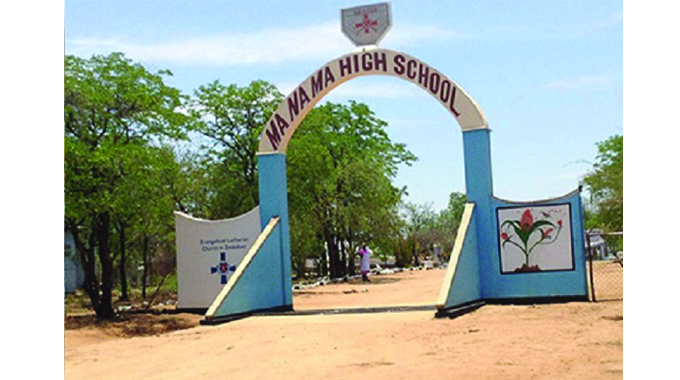
Manama High School
Cde Mazinyane (62) from Mapati in Gwanda District, was part of a group of about 400 students from Manama Mission in Matabeleland South who risked their lives to join the liberation struggle in January 1977.
The Manama Mission incident was the most dramatic one in that the Rhodesian government alleged the learners were taken at gunpoint and force-marched to Botswana.
Students and their teachers trudged through the perilous bush in the company of their teachers, Cdes Obert Matshalaga and Paulos Matshaka under the cover of darkness.
This was after a group of Zipra guerrillas had visited the school to recruit the students to join the liberation struggle.

AFZ Commander Air Marshal Elson Moyo
Among the students were the late Minister of Foreign Affairs and International Relations Dr Sibusiso (SB) Moyo; the recently declared national hero, Sampson Mpabanga; Elson Moyo, the Airforce of Zimbabwe Commander; Colonel Silibali Masera, Beitbridge East MP Cde Albert Nguluvhe and Zimbabwe Elections Commission (Zec) chief elections officer, Mr Utoile Silaigwana, Cde Chiratidzo Mabuwa and Zimbabwe Defence Forces (ZDF) Commander General Philip Valerio Sibanda’s wife, Mrs Mercy Sibanda.
It was sometime in January 1977, a few days after the beginning of a new school term when the students under the stewardship of Zipra guerrillas, crossed into Botswana through Shashe River to join the struggle.
Prior to the Manama Mission incident, the Zipra guerrillas had recruited a sizeable number of people from Mapati village where Cde Mazinyane, who is wife to Retired Brigadier-General Abel Mazinyane, came from. Among those recruited were Cde Mazinyane’s brother and cousins.
The recruitment had been done on Christmas Day in 1976 and the guerrillas had also hinted that they would do the same thing at Manama Mission.
“I was a member of the school choir and on that particular day, which was on a Sunday in January 1977, we went to Swereki area in Beitbridge District. The Evangelical Lutheran Church, which ran Manama Mission, was opening a new church branch in Swereki and we were supposed to perform during that ceremony,” said Cde Mazinyane.
“Throughout our trip to Swereki, we had some boys who were singing revolutionary songs, which we were not familiar with. We wondered where they knew the songs from.”
Cde Mazinyane said later in the evening upon returning from Swereki, they were startled when they discovered that the school was unusually quiet.
“The school bus first went to drop the clergyman at his house. When we arrived at the pastor’s house, his wife immediately came running to us and said ‘the situation is now tense get inside the house’,” she said.
“We dropped off and instead of getting into the pastor’s house, we ran to the school. When we arrived students who were preparing to go for evening prayers started dropping their Bibles as three guerrillas shouted “fall in, fall in.’”
Cde Mazinyane said for the first time in her life, she threw away her Bible.
“I vividly remember one of the guerrillas by the name Basco barking orders to us. He was very active and some of our seniors were assisting him in organising the students as we prepared to leave the school yard,” she said.
She said one of the students who were assisting the guerrillas was her brother’s son, Samson Mpapanga.
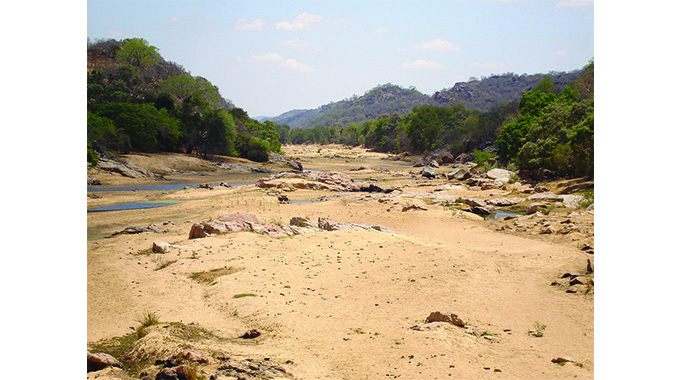
Tuli River
“We immediately left the school yard and when we crossed Tuli River it was getting dark. Soon after crossing Tuli River, we trudged through the bush and there were a lot of thorny trees in that forest,” said Cde Mazinyane.
“As we walked, some stumbled along the way and most of us lost our shoes. Along the way, it rained heavily and we continued to walk.”
They arrived at a shop and guerrillas opened it and everyone looted food and footwear.
“Some fainted along the way, but we were determined to cross the border and liberate our country. Soon after crossing the Shashe River, Rhodesia military planes started circling in the sky and we took cover,” said Cde Mazinyane.
“I recall one of my cousins who was very stout was getting tired and she vowed that she would not continue with the journey, but the guerrillas persuaded her to continue until we reached Gubajango village in Botswana.”
Cde Mazinyane said upon arriving in Botswana, local villagers organised food for them to eat.
“We were given isitshwala, which we ate with sugar mixed with water. While we were busy feasting, the Rhodesian planes started flying over us and we took cover and hid under trees,” she said.
“We stayed in that village until it was dark before we proceeded with our journey. The Botswana Defence Forces deployed its vehicles which ferried us to Bobonong, and on that particular night it rained heavily and we were soaked as we sat at the back of the trucks.”
When they arrived in Bobonong, they were fed with bread and milk and proceeded to Selibe Phikwe where they were offered overnight accommodation in prison cells.
The following morning, the group was taken to Francistown where they stayed for about two days before buses carrying their parents were sent to Botswana by Rhodesian authorities to fetch them.
“A majority of us refused to return home because we were determined to liberate our country. My aunt who was sent to collect me tried to convince me saying my mother was seriously ill to an extent of dying, but I refused to accompany her back home and told her that I will see my mother after the war,” said Cde Mazinyane.
“My aunt cried and I watched her helplessly as she tried to convince me, but it didn’t work because I had made up my mind to join the liberation struggle, come thunder, come rain.”

Zimbabwe People’s Revolutionary Army (ZIPRA)
In Francistown, Botswana authorities gave them an option to either join ZIPRA or ZANLA and the majority of them went into the ZIPRA section of the camp.
From there, they were airlifted into Zambia and taken to Nampundwe transit camp.
“At Nampundwe camp, life was not easy and we were given one blanket which we shared in groups of sixes. I remember every morning, they would blow a whistle as early as 3am signaling the beginning of routine exercises and we would wake up and start toyi toying,” said Cde Mazinyane.
“After the exercise, we would eat porridge and there were no plates hence we used tree barks or leaves as containers. The conditions were harsh and I remember at one time my cousin who was in Form One when we left school, contemplated committing suicide by attempting to throw herself into the river, saying she couldn’t continue.”
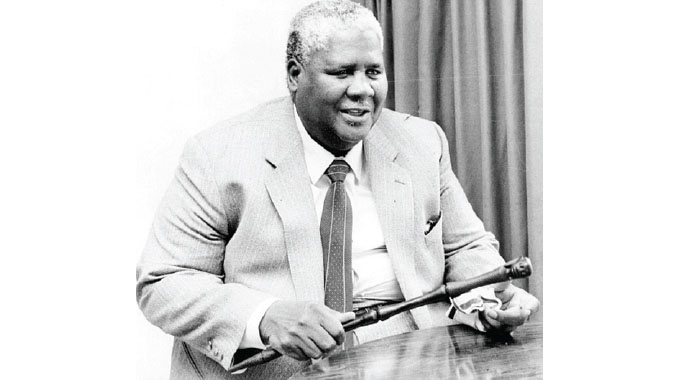
The late Dr Joshua Mqabuko Nkomo
The late Vice-President Dr Joshua Mqabuko Nyongolo Nkomo visited the camp to see the new recruits and addressed them.
“A few days later we were moved from Nampundwe and taken to Victory Camp and we were the first group to open the facility,” she said.
Her and her fellow students from Manama students and other liberation fighters waged a war that led to the country’s independence in 1980.–@mashnets


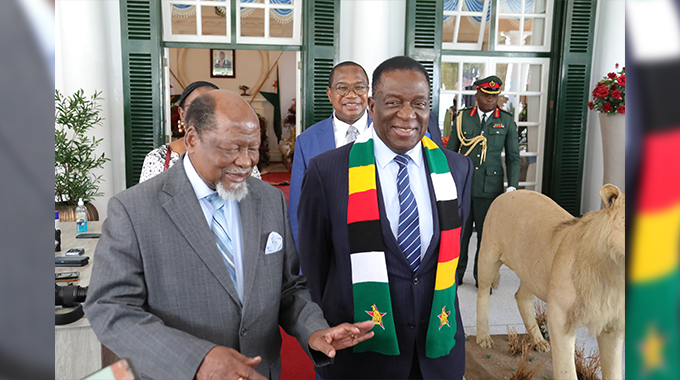
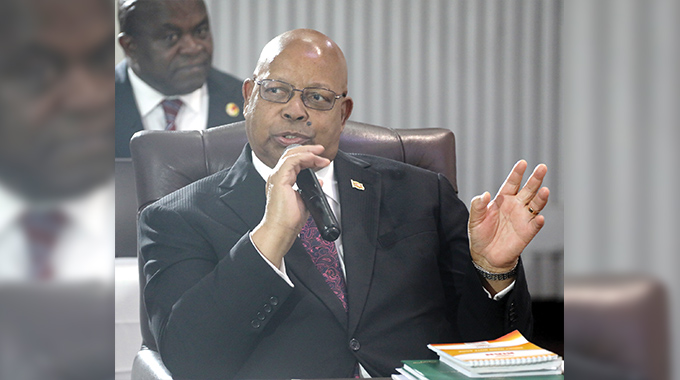
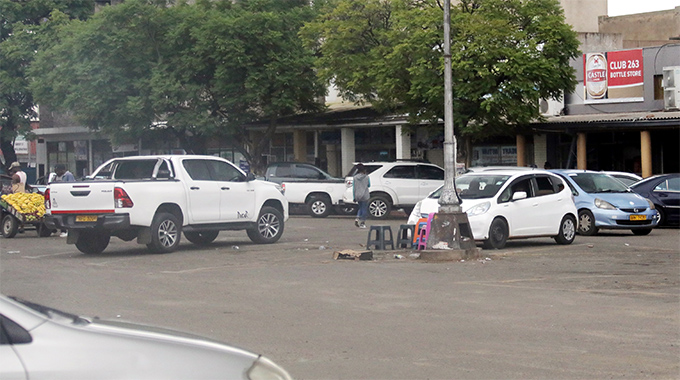






Comments